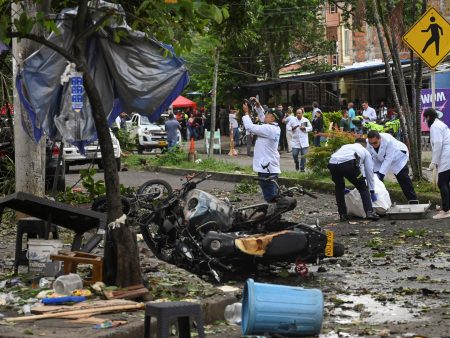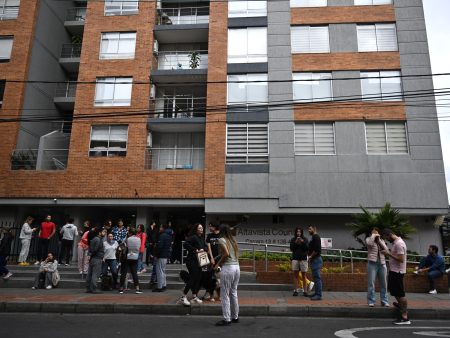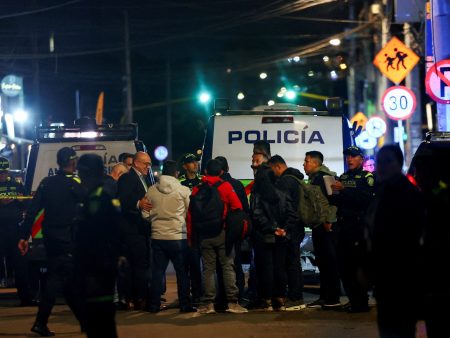The Darien Gap, a perilous jungle corridor bridging South and Central America, witnessed a significant decrease in migrant and asylum seeker crossings in 2024. Panama’s President, Jose Raul Mulino, attributed the 41% decline, from approximately 520,085 in 2023 to 302,203 in 2024, to the country’s intensified efforts to curb irregular migration. This downward trend mirrored a similar decrease in irregular entries at the US-Mexico border, where encounters fell by 14% to 2.14 million in fiscal year 2024. These declines occurred against a backdrop of increased political pressure in both countries to address migration, highlighted by the 2024 US presidential election and President-elect Trump’s hardline stance on immigration.
The decrease in crossings through the Darien Gap represents a notable shift after record-breaking numbers in 2023. The treacherous terrain, coupled with the presence of criminal networks, makes the journey extremely dangerous. The reported death toll of 55 migrants and asylum seekers in 2024, along with the estimated 180 abandoned children, underscores the perilous nature of the crossing. While the official figures reflect a decrease, the true number of casualties may be higher, as some bodies remain unrecovered in the dense jungle. The drop in crossings suggests that increased border enforcement and other deterrent measures may be having an impact, though the full extent of their influence remains to be fully assessed.
The United States, facing its own challenges with irregular migration, has implemented various policies aimed at stemming the flow of people arriving at its southern border. President Biden’s administration introduced stricter asylum rules in 2024, including penalties such as a five-year ban from the US and potential criminal prosecution for those crossing outside designated ports of entry. These measures, while controversial and criticized by human rights advocates, reflect the administration’s efforts to manage the border situation and respond to domestic political pressures surrounding immigration. The threat of suspending asylum applications altogether if daily irregular border crossings reached a certain threshold further highlights the administration’s focus on border control.
Beyond its own borders, the US has actively engaged with regional partners to address migration flows. The agreement signed with Panama in July 2024 exemplifies this approach. The agreement focused on closing migration routes through the Darien Gap, with the US providing financial and logistical support for repatriation efforts, including funding deportation flights. The establishment of “Safe Mobility Offices” in countries like Costa Rica, Guatemala, and Colombia represents another facet of the US strategy, aiming to provide alternative pathways and discourage individuals from undertaking the dangerous journey north.
The collaborative efforts between the US and Panama, manifested in the repatriation of migrants and the establishment of Safe Mobility Offices, reflect a broader regional approach to managing migration. These initiatives aim to address the challenges posed by irregular migration at multiple points along the migratory route, from countries of origin to transit countries and ultimately the destination country. While these measures may contribute to a decrease in irregular crossings, they also raise concerns about the human rights implications of stricter border controls and the potential denial of access to asylum for vulnerable individuals fleeing persecution.
While the decline in crossings through the Darien Gap and at the US-Mexico border may be seen as a success by some, critics argue that these measures primarily address the symptoms rather than the root causes of migration. The difficult circumstances in countries like Venezuela, marked by political instability, human rights abuses, and economic hardship, continue to drive people to seek refuge elsewhere. The fact that a significant proportion of those traversing the Darien Gap in 2024 were Venezuelan nationals underscores the ongoing humanitarian crisis in the country and the need for comprehensive solutions that address the underlying factors forcing people to flee their homes.










